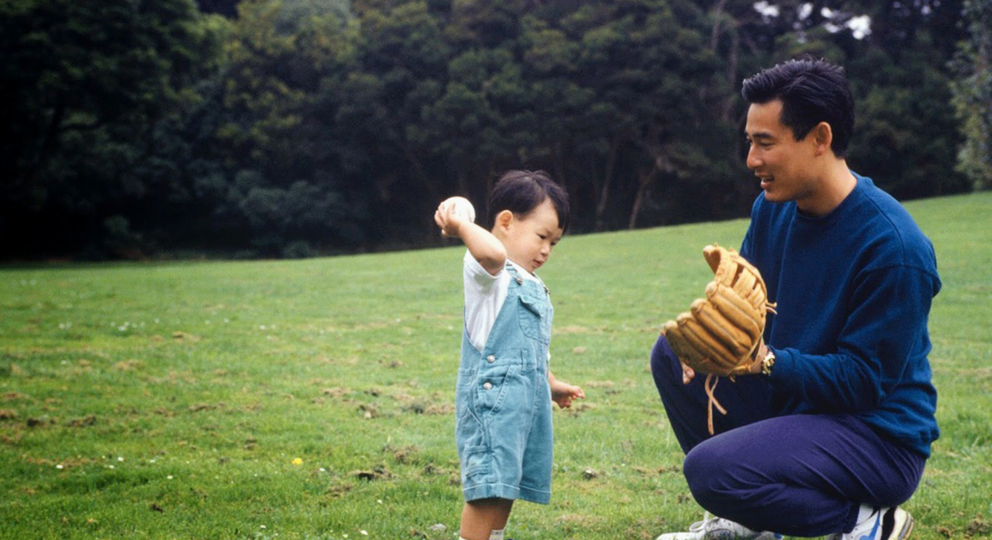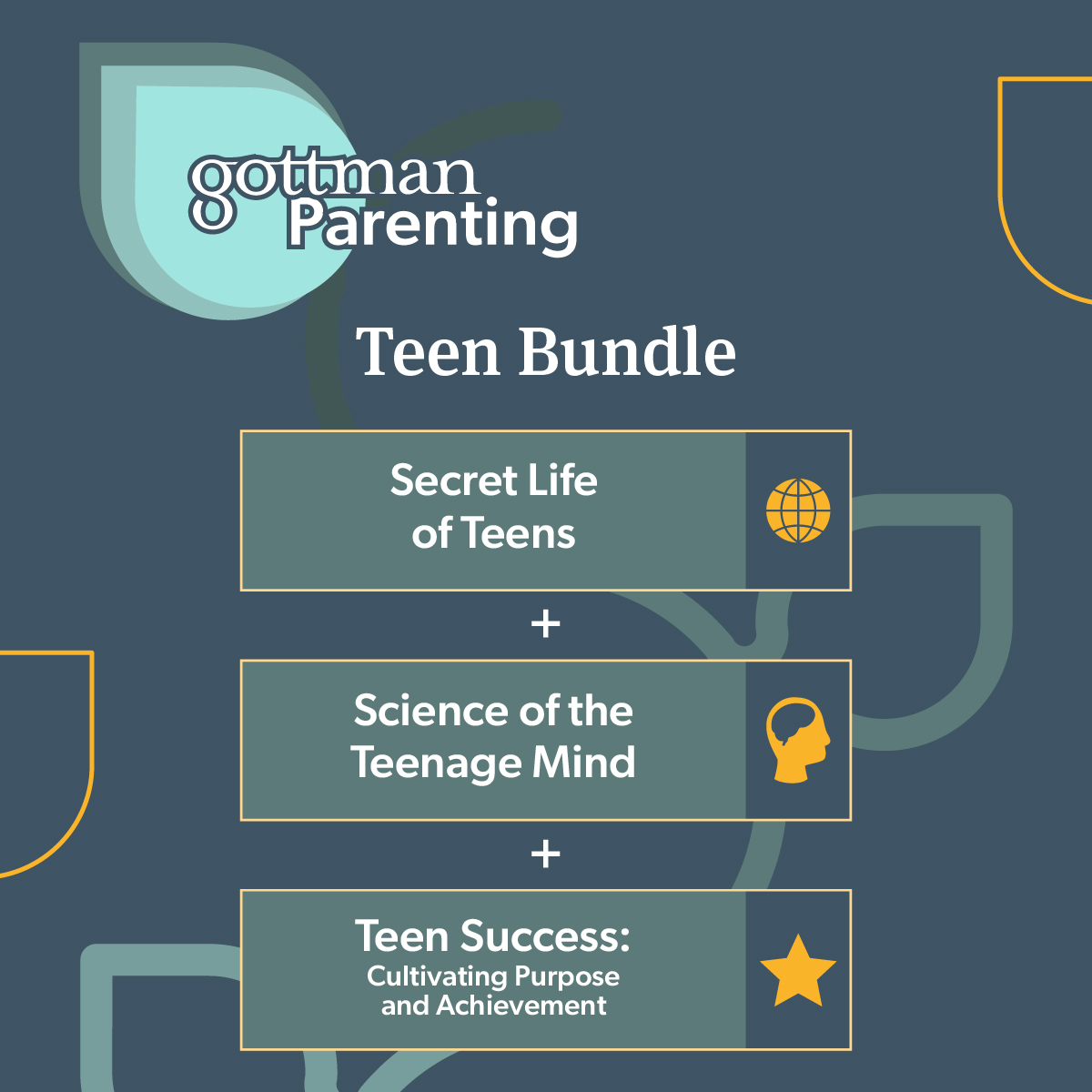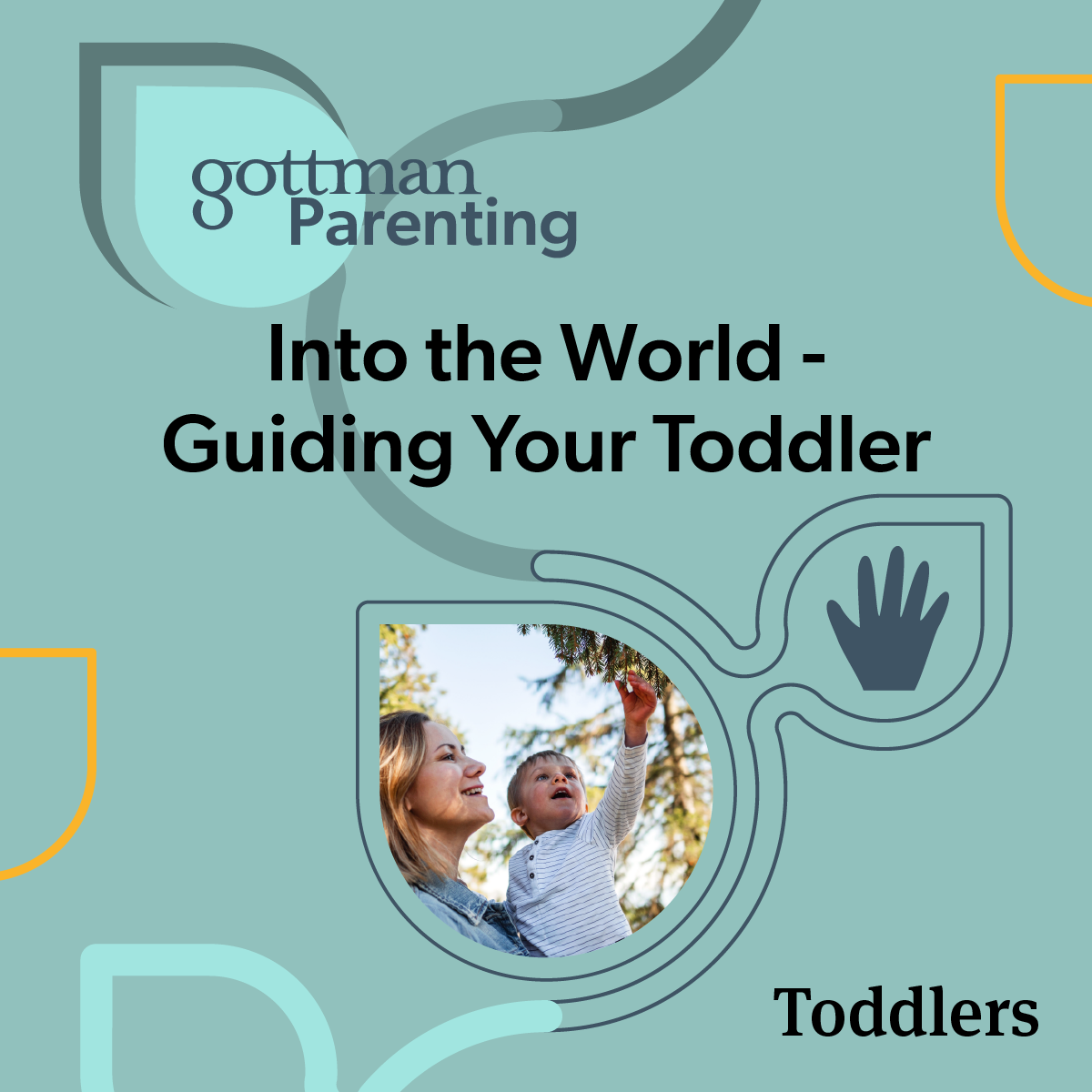Following up on The Four Parenting Styles, here is a self-assessment to determine your parenting style.
Are you a Disapproving parent? A Dismissing parent? A Laissez-Faire parent? An Emotion Coaching parent?
This self-assessment written by Dr. Gottman comes from “Raising an Emotionally Intelligent Child.” It asks questions about your feelings regarding sadness, fear, and anger—both in yourself and in your children. For each item, please select the choice that best fits how you feel. If you’re not sure, go with the answer that seems the closest. While this test requires you to answer a lot of questions, try to stick with it. The lengthy design ensures that we cover most aspects of each parenting style.
- Children really have very little to be sad about. T F
- I think that anger is okay as long as it’s under control. T F
- Children acting sad are usually just trying to get adults to feel sorry for them. T F
- A child’s anger deserves a time-out. T F
- When my child is acting sad, they turn into a real brat. T F
- When my child is sad, I am expected to fix the world and make it perfect. T F
- I really have no time for sadness in my own life. T F
- Anger is a dangerous state. T F
- If you ignore a child’s sadness it tends to go away and take care of itself. T F
- Anger usually means aggression. T F
- Children often act sad to get their way. T F
- I think sadness is okay as long as it’s under control. T F
- Sadness is something one has to get over, to ride out, not to dwell on. T F
- I don’t mind dealing with a child’s sadness, as long as it doesn’t last long. T F
- I prefer a happy child to a child who is overly emotional. T F
- When my child is sad, it’s a time to problem-solve. T F
- I help my children get over sadness quickly so they can move on to better things. T F
- I don’t see a child’s being sad as any kind of opportunity to teach the child much. T F
- I think when kids are sad they have overemphasized the negative in life. T F
- When my child is acting angry, they turn into a real brat. T F
- I set limits on my child’s anger. T F
- When my child acts sad, it’s to get attention. T F
- Anger is an emotion worth exploring. T F
- A lot of a child’s anger comes from the child’s lack of understanding and immaturity. T F
- I try to change my child’s angry moods into cheerful ones. T F
- You should express the anger you feel. T F
- When my child is sad, it’s a chance to get close. T F
- Children really have very little to be angry about. T F
- When my child is sad, I try to help the child explore what is making them sad. T F
- When my child is sad, I show them that I understand. T F
- I want my child to experience sadness. T F
- The important thing is to find out why a child is feeling sad. T F
- Childhood is a happy-go-lucky time, not a time for feeling sad or angry. T F
- When my child is sad, we sit down to talk over the sadness. T F
- When my child is sad, I try to help them figure out why the feeling is there. T F
- When my child is angry, it’s an opportunity for getting close. T F
- When my child is angry, I take some time to try to experience the feeling with my child. T F
- I want my child to experience anger. T F
- I think it’s good for kids to feel angry sometimes. T F
- The important thing is to find out why the child is feeling angry. T F
- When my child gets sad, I warn them about not developing a bad character. T F
- When my child is sad I’m worried they will develop a negative personality. T F
- I’m not really trying to teach my child anything in particular about sadness. T F
- If there’s a lesson I have about sadness it’s that it’s okay to express it. T F
- I’m not sure there’s anything that can be done to change sadness. T F
- There’s not much you can do for a sad child beyond offering them comfort. T F
- When my child is sad, I try to let them know that I love them no matter what. T F
- When my child is sad, I’m not quite sure what they want me to do. T F
- I’m not really trying to teach my child anything in particular about anger. T F
- If there’s a lesson I have about anger it’s that it’s okay to express it. T F
- When my child is angry, I try to be understanding of their mood. T F
- When my child is angry, I try to let them know that I love them no matter what. T F
- When my child is angry, I’m not quite sure what they want me to do. T F
- My child has a bad temper and I worry about it. T F
- I don’t think it is right for a child to show anger. T F
- Angry people are out of control. T F
- A child’s expressing anger amounts to a temper tantrum. T F
- Kids get angry to get their own way. T F
- When my child gets angry, I worry about their destructive tendencies. T F
- If you let kids get angry, they will think they can get their way all the time. T F
- Angry children are being disrespectful. T F
- Kids are pretty funny when they’re angry. T F
- Anger tends to cloud my judgment and I do things I regret. T F
- When my child is angry, it’s time to solve a problem. T F
- When my child gets angry, I think it’s time for a spanking. T F
- When my child gets angry, my goal is to get them to stop. T F
- I don’t make a big deal of a child’s anger. T F
- When my child is angry, I usually don’t take it all that seriously. T F
- When I’m angry, I feel like I’m going to explode. T F
- Anger accomplishes nothing. T F
- Anger is exciting for a child to express. T F
- A child’s anger is important. T F
- Children have a right to feel angry. T F
- When my child is mad, I just find out what is making them mad. T F
- It’s important to help the child find out what caused the child’s anger. T F
- When my child gets angry with me I think, “I don’t want to hear this.” T F
- When my child is angry I think, “If only they could just learn to roll with the punches.” T F
- When my child is angry I think, “Why can’t they accept things as they are?” T F
- I want my child to get angry, to stand up for themselves. T F
- I don’t make a big deal out of my child’s sadness. T F
- When my child is angry I want to know what they are thinking. T F
Scoring:
Dismissing
Add up the number of times you said “true” for the following items: 1, 2, 6, 7, 9, 12, 13, 14, 15, 17, 18, 19, 24, 25, 28, 33, 43, 62, 66, 67, 68, 76, 77, 78, 80. Divide the total by 25. This is your Dismissing score.
Disapproving
Add up the number of times you said “true” for the following items: 3, 4, 5, 8, 10, 11, 20, 21, 22, 41, 42, 54, 55, 56, 57, 58, 59, 60, 61, 63, 65, 69, 70. Divide the total by 23. This is your Disapproving score.
Laissez-Faire
Add up the number of times you said “true” for the following items: 26, 44, 45, 46, 47, 48, 49, 50, 52, 53. Divide the total by 10. This is your Laissez-Faire score.
Emotion Coaching
Add up the number of times you said “true” for the following items: 16, 23, 27, 29, 30, 31, 32, 34, 35, 36, 37, 38, 39, 40, 51, 64, 71, 72, 73, 74, 75, 79, 81. Divide the total by 23. This is your Emotion Coaching score.
Compare your four scores. The higher you scored in any one area, the more you tend toward that style of parenting. Then look back at the bulleted lists from this post, which summarizes behaviors typical of each parenting style and explains how each style affects children.
If, after reading about the different styles of parenting, you identify aspects of your relationship with your child that you’d like to change, you’ll find the Emotion Coaching: The Heart of Parenting program helpful. It offers detailed information and exercises about the five steps that constitute Emotion Coaching.
A strong relationship makes parenting easier and improves the chances that your children will grow up emotionally healthy. Take this free quiz below to find out how well you know your partner.









